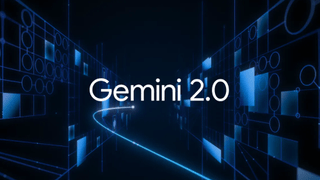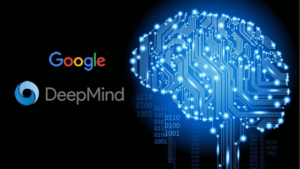Google has announced Gemini 2, its latest AI model designed to revolutionize how digital assistants function. Aimed at transforming personal computing into a more intuitive and proactive experience, Gemini 2 boasts enhanced capabilities to plan and execute tasks both on user devices and across the web.
Demis Hassabis, CEO of Google DeepMind, shared his long-held vision for a universal digital assistant that serves as a precursor to artificial general intelligence. “I’ve dreamed about a universal digital assistant for a long, long time,” Hassabis told WIRED, highlighting Gemini 2’s potential to perform tasks akin to a human assistant.
Gemini 2 is distinguished by its advanced “multimodal” abilities, enabling it to understand and process video and audio, and engage in human-like conversations. It can coordinate complex tasks on computers, signifying a leap in AI intelligence benchmarks.
Google CEO Sundar Pichai expressed optimism about the development of “agentic models” that can understand the world, anticipate future actions, and execute tasks under user supervision. This innovation positions AI agents as a transformative technology, capable of managing everyday tasks like booking flights, organizing schedules, and streamlining document management.
However, Pichai acknowledges the challenges in ensuring these AI agents can reliably execute open-ended commands without error, noting the potential for costly mistakes if not carefully managed.
To demonstrate Gemini 2’s agentic potential, Google introduced specialized agents for coding and data science. These agents improve upon existing AI tools by handling more complex tasks like integrating code into repositories and performing data analysis.
Google also unveiled Project Mariner, an experimental Chrome extension that leverages Gemini 2 to perform web-based tasks. During a live demonstration, the AI agent successfully planned a meal by navigating to the Sainsbury’s website, selecting groceries, and making intelligent substitutions when items were unavailable.
Launched in late 2023, the Gemini series represents Google’s strategic response to competitors like OpenAI, which gained prominence with its ChatGPT model. By integrating generative AI into search and other products, Google aims to reclaim its position as a leader in AI innovation.
Google also previewed Astra, a project allowing Gemini 2 to interpret and interact with the physical world through mobile devices. In demonstrations, Gemini 2 showcased its ability to provide detailed information about objects and environments, from wine bottles to artwork, using its expansive web knowledge.
Hassabis envisions Astra as a sophisticated recommendation engine, capable of making connections between users’ interests and preferences. “It could be very exciting,” he remarked, hinting at potential commercial applications for personalized advertising and recommendations.
Despite the promising capabilities, Hassabis acknowledged that integrating AI into everyday life involves navigating privacy and security concerns. “We need to learn how people will use these systems,” he stated, emphasizing the importance of addressing these issues proactively.
While Gemini 2 and its associated projects remain in development, their introduction signals a bold advance in AI technology. As Google continues to refine these tools, they promise to reshape the landscape of digital assistance, offering new possibilities for efficiency and personalization in everyday tasks.



